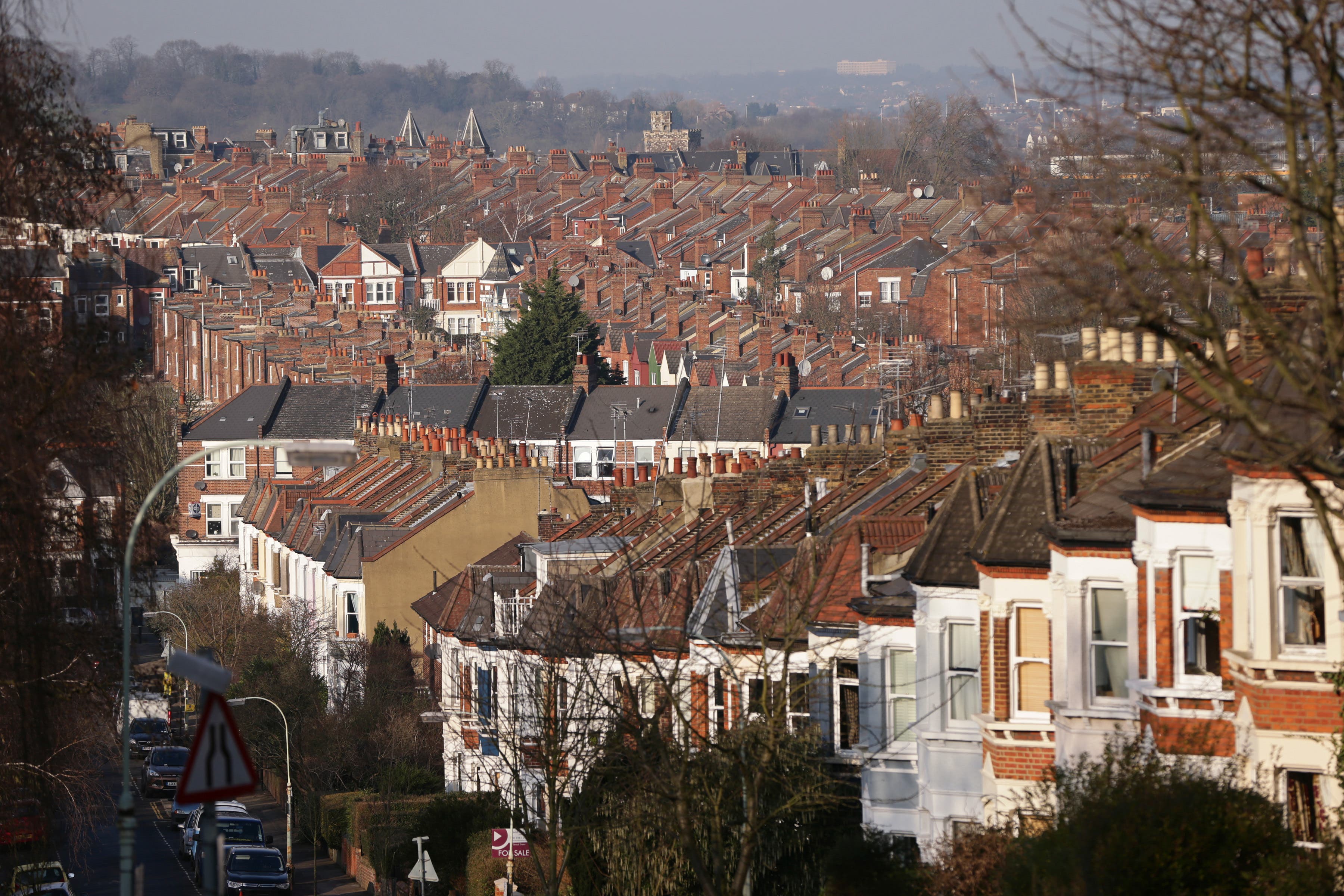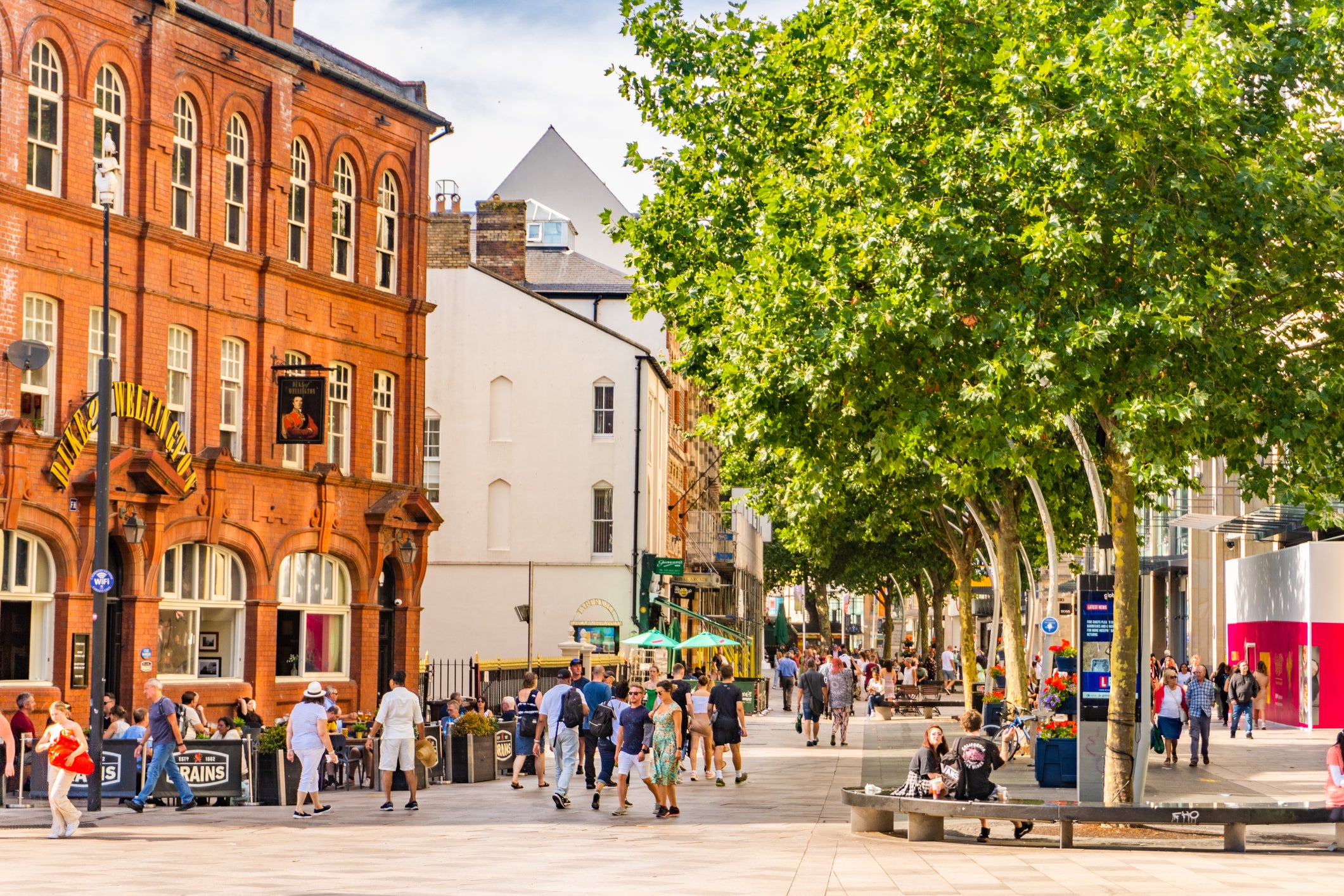Buying a home with a mortgage in some major British cities could be cheaper than renting, even for those with a low deposit, according to analysis by a major bank.
The analysis by Lloyds compared typical monthly rental costs with potential first-time buyer mortgage payments in 11 major cities and found that in nine of them, owning a home could work out less expensive than current rental rates.
The study, however, is based on specific assumptions, including that a buyer would have a 5 per cent deposit and be paying a 4.78 per cent interest rate fixed for five years, with a 30-year repayment term. Individual financial circumstances will also naturally vary.
For its calculations, Lloyds used Office for National Statistics (ONS) data for average first-time buyer property prices and average rental figures.
While the research looked at potential mortgage payments, it did not include costs such as legal fees or other ongoing costs associated with home ownership.
London was excluded from the analysis due to significantly higher property prices there and different affordability dynamics, Lloyds said.

The typical 5 per cent deposit needed could be around £11,412, based on an average first-time buyer property price of £228,233, the research found.
Among major cities outside London, the biggest gap between owning and renting in the study is in Glasgow, with mortgage payments around 32 per cent cheaper than rent.
Home buyers could potentially save £396 a month, or £4,752 a year, compared with renting, according to Lloyds’ calculations.
Get a free fractional share worth up to £100.
Capital at risk.
Terms and conditions apply.
ADVERTISEMENT
Get a free fractional share worth up to £100.
Capital at risk.
Terms and conditions apply.
ADVERTISEMENT
With an average first-time buyer property price of £172,000, a deposit of just £8,600 could be enough for some people to get on the ladder, it said.
Newcastle was placed second for savings, with first-time buyers paying 20 per cent less on average for a mortgage than they would in rent – making a potential monthly saving of £217, or £2,604 a year.
With an average first-time buyer property price of £180,000, a deposit of £9,000 may be enough for some people to get onto the property ladder.
Even in cities such as Cardiff and Sheffield, where renting worked out slightly cheaper in the short-term in the Lloyds study, the longer-term benefit of building up equity in the property could outweigh the difference, the report suggested.

Amanda Bryden, head of mortgages at Lloyds, said: “We know that saving for a deposit is one of the biggest hurdles for first-time buyers.
“With rents having risen sharply over the last two years, many are already managing monthly payments that are higher than a typical mortgage.
“That’s why low-deposit mortgages could be the right solution for many – helping people move from renting to owning sooner than they thought possible.
“It’s also important to consider other upfront costs like legal fees and moving expenses – but for most, the long-term savings will outweigh these.”
While buying may be cheaper than renting in some circumstances, some people may prefer to rent for reasons such as having more flexibility and to be able to move around for work.
Ms Bryden added: “The impact of growing equity in your own home – money that would otherwise have been lost in rent – means a more secure financial future.
“For anyone thinking about buying, speaking to a mortgage adviser or broker is a great first step.”
The Lloyds analysis of 11 major cities
Here are average first-time buyer house prices, followed by the typical amount needed for a 5 per cent deposit, the monthly mortgage cost, the monthly rent, the percentage saving from having a mortgage rather than renting, the monthly saving, and the annual saving, according to Lloyds’ calculations:
- Glasgow, £172,000, £8,600, £855, £1,251, 31.7%, £396, £4,752
- Newcastle, £180,000, £9,000, £895, £1,112, 19.5%, £217, £2,604
- Edinburgh, £243,000, £12,150, £1,208, £1,392, 13.2%, £184, £2,208
- Bristol, £311,000, £15,550, £1,547, £1,778, 13.0%, £231, £2,772
- Manchester, £234,000, £11,700, £1,164, £1,317, 11.6%, £153, £1,836
- Nottingham, £183,000, £9,150, £910, £996, 8.6%, £86, £1,032
- Leeds, £209,000, £10,450, £1,039, £1,098, 5.4%, £59, £708
- Liverpool, £167,000, £8,350, £830, £864, 3.9%, £34, £408
- Birmingham, £208,000, £10,400, £1,034, £1,068, 3.2%, £34, £408
- Cardiff, £231,000, £11,550, £1,149, £1,138, minus 1.0%, minus £11, minus £132
- Sheffield, £190,000, £9,500, £945, £893, minus 5.8%, minus £52, minus £624
Where minus figures are shown, renting was found to be less expensive than mortgage payments.

